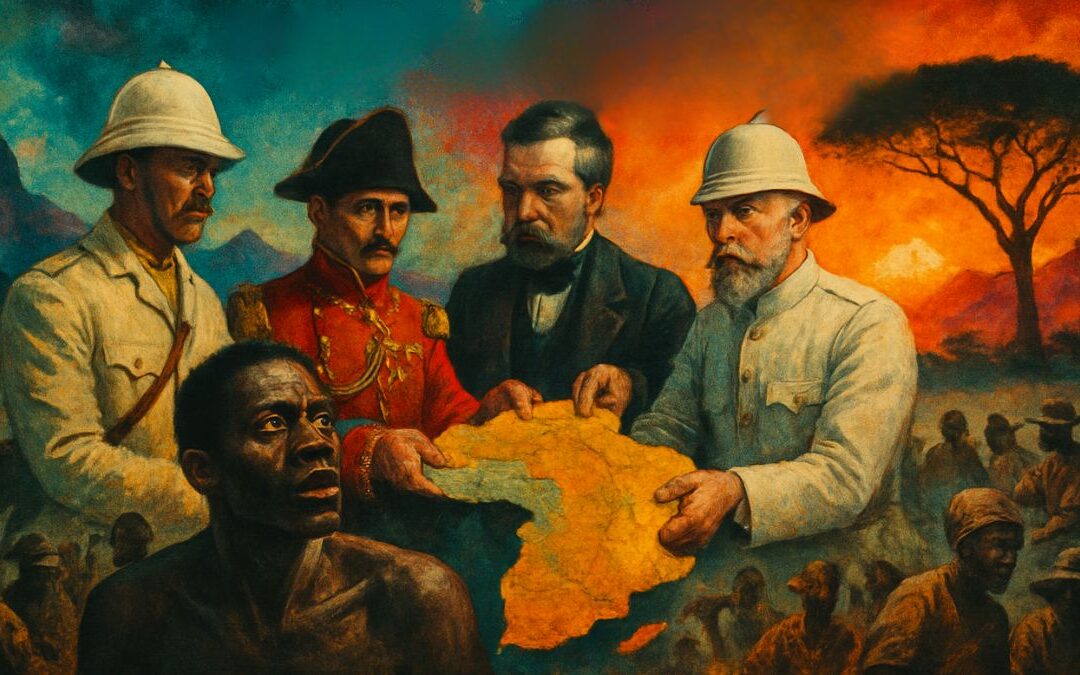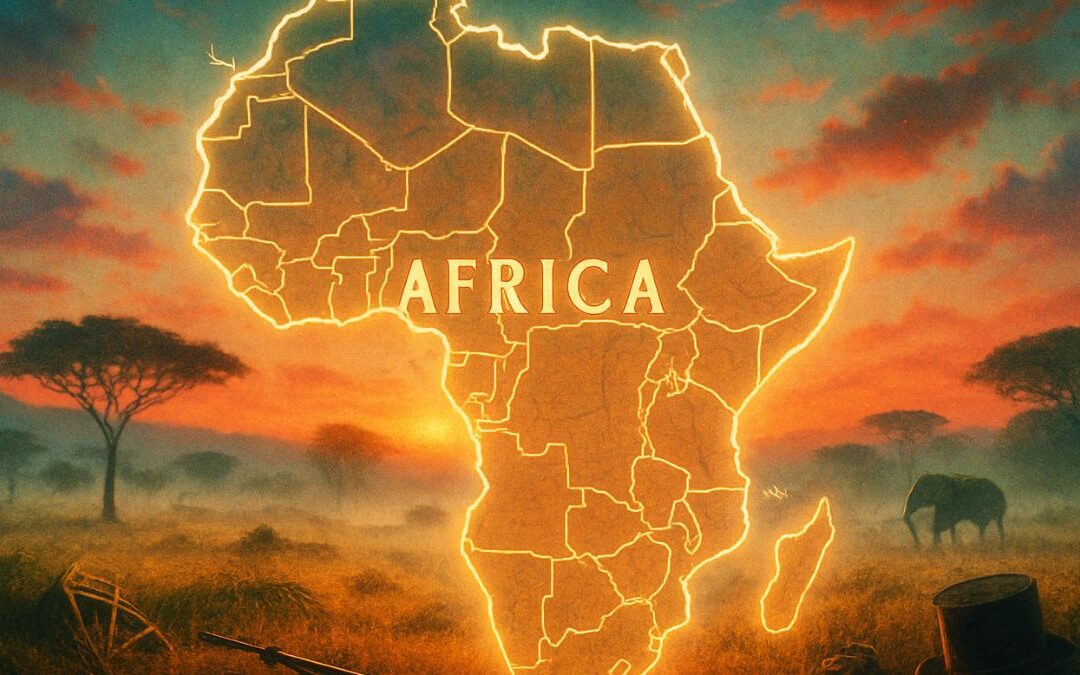Spirituality and Biocentrism: Understanding Life’s Central Role in the Universe
When we ponder the universe’s mysteries, our minds often drift towards the grandiose—distant galaxies, black holes, and the enigmatic dark matter. Yet, a compelling theory called biocentrism suggests that we might be overlooking something fundamental: life itself. This intriguing perspective posits that biology and consciousness are central to the universe’s fabric, challenging our traditional understanding and offering a fresh lens through which to view spirituality.
The Essence of Biocentrism
Biocentrism, a theory introduced by Robert Lanza, a prominent scientist and philosopher, posits that life and consciousness are not mere byproducts of the universe but integral components that shape its reality. According to this theory, the universe is constructed in a way that life and consciousness are essential to its very existence. This perspective challenges the conventional view that life arose incidentally within a pre-existing cosmos.
Lanza suggests that our understanding of the universe is fundamentally linked to our perception of it. In other words, the universe exists because we are here to observe it. This idea is a radical departure from traditional scientific theories, which typically place matter and physical laws at the forefront of understanding the cosmos.
Biocentrism and Spirituality
The theory of biocentrism has profound implications for spirituality, as it offers a perspective that intertwines the physical and spiritual realms. By placing consciousness at the center of the universe, biocentrism encourages us to reevaluate our spiritual beliefs and our connection to the cosmos.
- Consciousness as a Creative Force
In many spiritual traditions, consciousness is seen as a creative force that shapes reality. Biocentrism aligns with this view, suggesting that our consciousness is not only a passive observer but an active participant in the universe’s unfolding. This idea resonates with spiritual practices that emphasize the power of the mind and intention in shaping our experiences.
- Interconnectedness of All Life
Biocentrism highlights the interconnectedness of all life forms, reinforcing the spiritual notion that we are all part of a greater whole. This perspective encourages a sense of unity and compassion, urging us to recognize our shared responsibility in nurturing and protecting the planet and its inhabitants.
- Redefining Death and Continuity
One of the most profound implications of biocentrism is its impact on our understanding of life and death. If consciousness is central to the universe, it challenges the traditional view of death as a definitive end. Instead, biocentrism suggests that consciousness may continue in some form, aligning with spiritual beliefs in the afterlife or reincarnation.
Criticisms and Controversies
While biocentrism offers a fascinating perspective, it is not without its critics. Some scientists argue that the theory lacks empirical evidence and challenges established scientific principles. Critics also point out that biocentrism raises more questions than it answers, particularly regarding the mechanisms through which consciousness influences the physical world.
Despite these criticisms, biocentrism continues to captivate those interested in exploring the intersection of science and spirituality. It challenges us to think beyond the material world and consider the profound role that life and consciousness play in shaping our universe.
Biocentrism presents a transformative view of the universe, placing life and consciousness at its core. By doing so, it offers a bridge between scientific inquiry and spiritual exploration, encouraging us to reevaluate our understanding of existence. Whether embraced as a philosophical perspective or a scientific hypothesis, biocentrism invites us to ponder the profound connection between life, consciousness, and the cosmos.
In exploring biocentrism, we are reminded that the quest for understanding the universe is as much about introspection and spirituality as it is about scientific discovery. This theory challenges us to embrace the mystery of existence and recognize the vital role we play in the universe’s ongoing story.
Expand Your Vocabulary
1. Biocentrism
- Meaning: A theory suggesting that life and consciousness are central to understanding the universe.
- Use in Context: In the article, biocentrism is discussed as a perspective that challenges traditional scientific views by emphasizing the importance of life in shaping reality.
- Everyday Use: You might use biocentrism in discussions about philosophy or the relationship between life and the universe, such as, “Biocentrism offers a fascinating way to rethink how we view our place in the cosmos.”
2. Consciousness
- Meaning: The state of being aware of and able to think and perceive; the mind’s awareness.
- Use in Context: Consciousness is considered a creative force in the universe, according to biocentrism.
- Everyday Use: You could use consciousness when talking about awareness or mindfulness, like, “Practicing meditation can help enhance our consciousness and presence in daily life.”
3. Cosmos
- Meaning: The universe seen as a well-ordered whole.
- Use in Context: The article refers to the cosmos as the entirety of the universe, suggesting that life is integral to its structure.
- Everyday Use: You might use cosmos when discussing space or astronomy, such as, “The night sky fills me with wonder about the vastness of the cosmos.”
4. Interconnectedness
- Meaning: The state of being connected with each other.
- Use in Context: Biocentrism highlights the interconnectedness of all life forms, emphasizing our unity.
- Everyday Use: Use interconnectedness to describe relationships or systems, like, “The internet has increased the interconnectedness of people worldwide.”
5. Philosophical Perspective
- Meaning: A way of looking at the world that involves fundamental questions about existence, knowledge, and ethics.
- Use in Context: The article describes biocentrism as a philosophical perspective that bridges science and spirituality.
- Everyday Use: You could discuss philosophical perspectives when contemplating life’s big questions, such as, “Her philosophical perspective helped me see the ethical implications of my actions.”
6. Empirical Evidence
- Meaning: Information acquired by observation or experimentation.
- Use in Context: Critics argue that biocentrism lacks empirical evidence to support its claims.
- Everyday Use: Use empirical evidence when discussing scientific proof, for example, “Scientists rely on empirical evidence to validate their hypotheses.”
7. Afterlife
- Meaning: A belief in life continuing after physical death.
- Use in Context: Biocentrism’s implications for understanding the afterlife are mentioned in relation to spiritual beliefs.
- Everyday Use: You might discuss the afterlife when talking about religious beliefs or personal philosophies, like, “Different cultures have varied beliefs about the afterlife and what it entails.”
8. Creative Force
- Meaning: A power or influence that brings something into existence or creates change.
- Use in Context: Consciousness is viewed as a creative force in the universe, actively shaping reality.
- Everyday Use: Use creative force to describe inspiration or innovation, such as, “Her passion for art was a creative force that transformed the community.”
9. Fabric of the Universe
- Meaning: The fundamental structure or essence of the universe.
- Use in Context: Biocentrism suggests that life and consciousness are integral to the fabric of the universe.
- Everyday Use: You might use fabric of the universe when discussing fundamental aspects of existence, like, “Some believe that love and compassion are woven into the fabric of the universe.”
10. Spiritual Exploration
- Meaning: The process of seeking deeper understanding and connection with the spiritual aspects of life.
- Use in Context: Biocentrism invites spiritual exploration by connecting scientific and spiritual realms.
- Everyday Use: Discuss spiritual exploration when talking about personal growth or religious journeys, such as, “Traveling to sacred sites can be an enriching experience for spiritual exploration.”
Let’s Talk
Thought-Provoking Questions
- How does biocentrism challenge your current understanding of the universe and our place within it?
- Consider how the theory shifts the focus from a material-centric universe to one centered around life and consciousness. How does this change your perception of reality?
- In what ways do you see consciousness playing a role in shaping your daily experiences?
- Reflect on moments where your awareness or mindset influenced outcomes in your life. How might this relate to the idea of consciousness as a creative force?
- How do the concepts of interconnectedness and unity resonate with your personal beliefs or experiences?
- Think about relationships and connections in your life. How do these ideas influence your understanding of community and responsibility?
- What are your thoughts on the possibility of an afterlife or the continuation of consciousness beyond physical death?
- Explore how biocentrism’s implications align or contrast with your beliefs about life after death. How does this impact your view on mortality?
- How might the perspective of biocentrism influence our approach to environmental and social issues?
- Consider how recognizing the interconnectedness of life could change our actions and attitudes toward the planet and its inhabitants.
Feel free to share your thoughts and experiences in the comments section or discuss these questions with friends and family to gain new insights and perspectives.










0 Comments